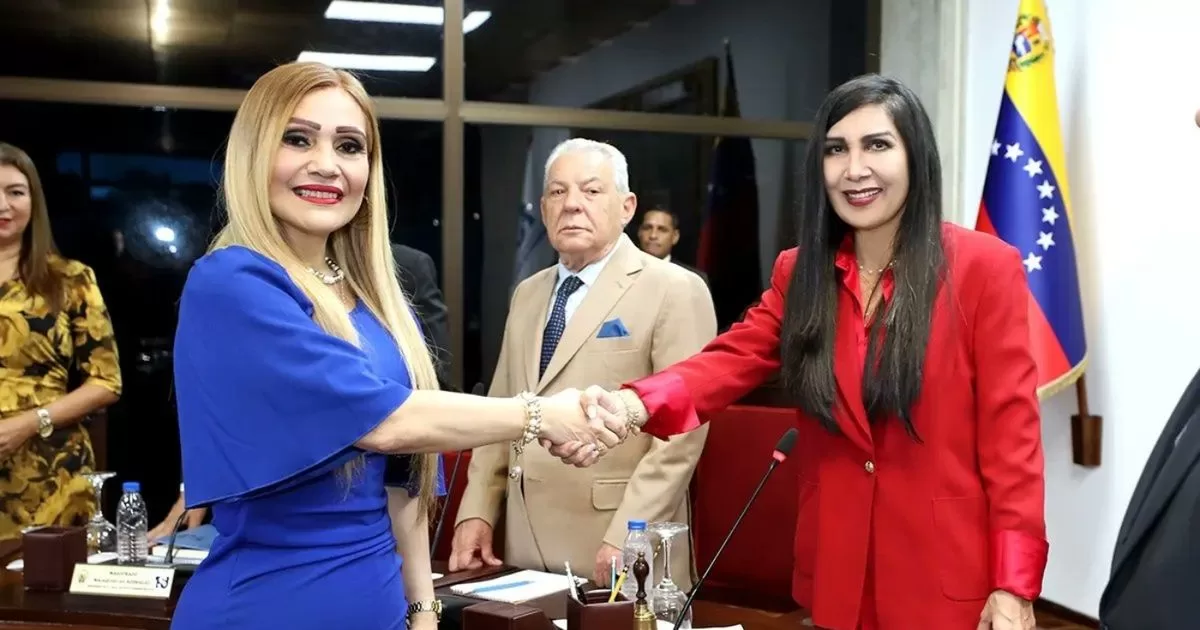Saraí Cervantes / Reform Agency
Friday, February 03, 2023 | 20:51
Mexico City.- The Mexican Association of Pharmaceutical Research Industries (AMIIF) observed that there are various logistical and operational implications that must be taken into account before migrating air cargo from the Mexico City International Airport (AICM), since the supply of these could be affected.
Through a comment sent to the National Commission for Regulatory Improvement (Conamer), the AMIIF explained that the change of entry customs to the Country would imply carrying out a procedure that adjusts the import permit for medicines and health supplies.
“It is necessary to consider logistical and operational implications resulting from the adaptation and management of modifications to said import permits of the companies that make up the innovation industry before the Federal Commission for the Protection against Sanitary Risks (Cofepris),” he said.
He explained that, in the case of medicines or controlled active ingredients, narcotics and psychotropic substances, generally the export and import permits are referenced to the AICM customs.
The foregoing, he mentioned, involves additional paperwork and processes typical of the complexity of the inputs, which can impact possible delays in their supply.
“It is a priority to anticipate the relocation of the Cofepris modules, the response times of their procedures and, with it, the impact on individuals in their marketing and import processes,” he said.
In this sense, he explained that the petitions are consigned to the AICM customs, so now the represented companies will have to change customs and make sure that the hired customs agents will be able to clear their procedures or handle specialized treatment supplies.
“It is necessary to consider impacts for individuals in the adjustments to contracts with international logistics services (‘freight forwarder’), changes in delivery times, in planning, production and supply processes of certain products by international companies “, he exposed.
The Association warned that in the event that the effects of the decree lead to logistical complications, which at this time could be avoided, the measure could be, de facto, an unjustified obstacle to trade within the framework of the World Trade Organization (WTO) and Chapter 11 of the Treaty between Mexico, the United States and Canada (T-MEC).
“The aforementioned decree, as an applicable administrative provision, could be considered a technical regulation that, without scientific justification, would limit the use of the AICM and would force the use of airport facilities that would hinder or even prevent import operations into the national territory,” pointed.
For this reason, he warned that the decree possibly constitutes a violation of Mexico’s international obligations.
He emphasized that if the measure causes transportation problems, the sale and supply of both foreign final products and foreign inputs for the manufacture of merchandise in national territory would be difficult.
This situation, he pointed out, would imply placing imported products at a disadvantage with respect to nationals, which may have other means of transportation.
“This would be a measure that possibly violates the principle of national treatment that our country is obliged to grant to partner countries in terms of Article III of the General Agreement on Tariffs and Trade (GATT of 1994), 2.3 of the T-MEC and its correlative in other free trade agreements to which Mexico is a party,” he said.
Likewise, he reiterated that the health innovation industry highlights the relevance of carrying out a more in-depth regulatory impact analysis that considers the impacts on this sector and those of other industries.


